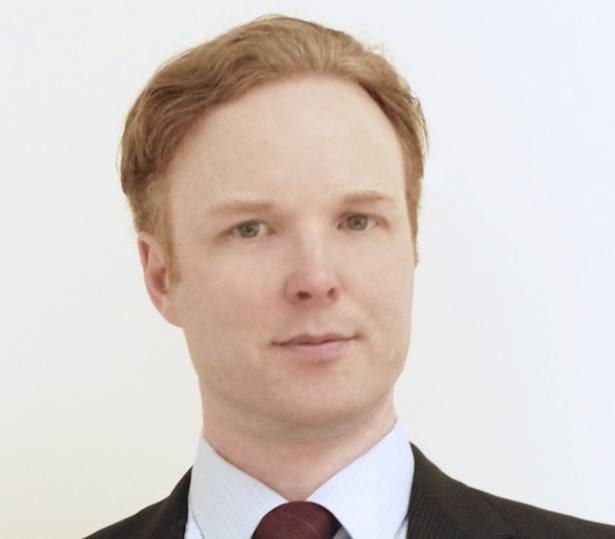
The market and the regulatory conditions that have prevailed for much of the past decade have helped to boost the demand for passive investment products.
The policy of quantitative easing has boosted all equity markets, benefitting the passive investment funds that buy the whole market indiscriminately.
The lower fees levied by providers of passive products then further enhance the returns achievable from simply buying the market.
Regulatory changes in the market over the past five years, including the retail distribution review (RDR) and the Markets in Financial Instruments Directive (MIFID) have served to place under the spotlight the fees paid by advised clients.
The fee is generally split between the investment manager, the adviser and the platform.
The industry norm is to assume that the end client will not pay more than 2 per cent of their portfolio annually for those three services combined.
Minesh Patel, an adviser at EA Financial Solutions in London says regulation means more advisers are now outsourcing the investment management function to discretionary fund managers.
James Goward, head of sales support at wealth manager Rathbones says the changed regulatory world has also impacted the level of scrutiny on the fees charged by discretionary fund managers, as the end client becomes aware of what they are paying.
Mr Goward said this scrutiny has prompted a surge in the use of passive investment products by DFMs eager to keep costs down.
He says: “The requirement to present ex-ante and ex-post costs and charges information under MiFID II has put the spotlight on DFMs like never before.
"This should be positive for advisers and their ability to make like-for-like comparisons between providers and making sure their clients are being appropriately serviced."
"However, it is important not to let the cost tail wag the dog.
"Advisers will have often chosen to deploy the services of a DFM in order to access for their clients investment instruments and exposure to asset classes that are not broadly available.
"However, it is important to remain cognisant of the portfolio construction and whether a low cost objective is simply being achieved by the use of passive investments."
Mr Patel says he has not noticed a particular decline in the fees charged by DFMs in recent times, despite the increased scrutiny.
He says the role of the adviser is to persistently challenge the DFM fee structure, as this helps the adviser to justify the fee they receive from the client.
Charlie Parker is managing director at Abemarle Street Partners, an investment management and discretionary fund management firm that uses some passive investment products.
He said keeping fees low is part of the reason for this allocation, but said simply buying the index as cheaply as possible may not work as well in future as it has done in recent years, and if there is a steep and prolonged change in market sentiment, passive products may then underperform the market severely, rendering them poor value, despite the lower fees.









